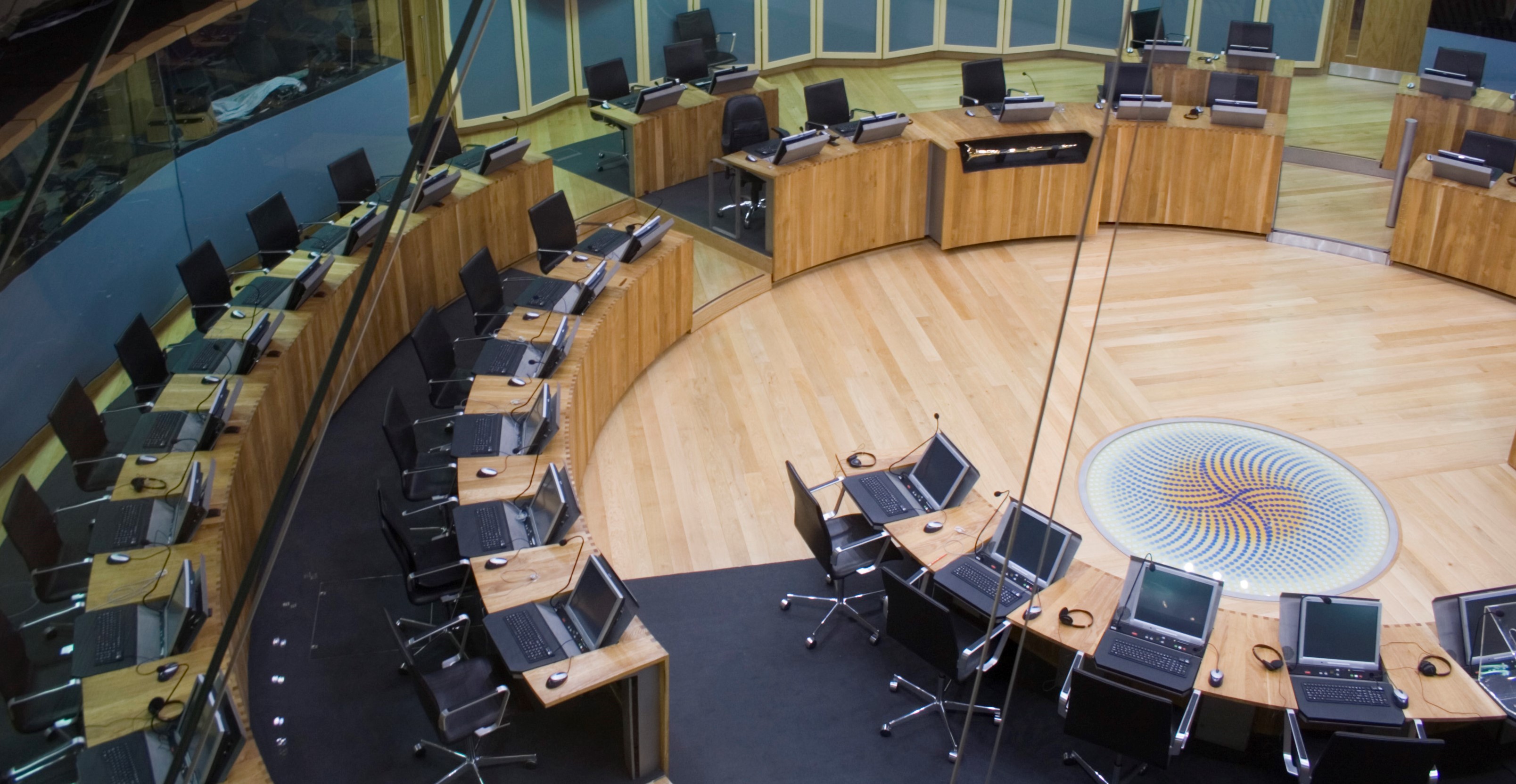NHS pay gap shock
A shocking pay gap between black and white NHS staff – in some cases one of up to nearly ÂŁ10,000 — has been revealed by new research.
The pay gap problem is even further compounded for women health workers who are black.
The research exercise by NHS Digital, which gathers statistics for and about the health service, found that black female doctors earn ÂŁ9,612 a year less and black male doctors earn ÂŁ9,492 a year less than their white counterparts.
Black female nurses and midwives earn ÂŁ2,700 less than their white colleagues, while black male nurses and midwives earn ÂŁ1872 less.
NHS workers who identify themselves as black, African, Caribbean or black British in a wide range of roles across the health service also face substantial pay gaps. Black men working in all jobs across the health service earn nearly ÂŁ6,000 less than white men across the NHS. Black female NHS workers across the health service face an average pay gap of nearly ÂŁ2,000.
NHS Digital’s research looked at pay data for 750,000 staff in the NHS and broke down pay gaps specifically for doctors, nurses and midwives.
Unite lead professional officer Obi Amadi said the latest pay gap revelations add to the mountain of evidence showing BAEM workers in NHS – and across society in general – face rampant discrimination.
“The pay gap is yet another burden that BAEM health workers must carry with them – this is in addition to the fact that they are massively underrepresented in leadership positions in the NHS, they are less likely to be promoted, and they are more likely to be disciplined than their white peers,” she said.
“In 2018, the yawning racial pay gap in the NHS – which is the largest BAEM employer in the UK – should not be this outrageously large and clear. At a time when staff across the under-resourced NHS are under massive pressure, that BAEM workers continue to work in the health service even with the added discrimination they face shows their tremendous dedication to their jobs. Now it is time for the NHS to take serious action to address this issue for the good of their hard-working staff as well as patients.”
Unite national officer for health Colenzo Jarrett-Thorpe agreed.
“Unfortunately, the findings of this report come as no surprise,” he said.
“We want all NHS Trusts in England to address the issues of unconscious and conscious bias in their policies, procedures and practices which often mean that BAEM workers in the NHS do not receive the same opportunities for training and development, are not taking places in leadership roles and are experiencing higher levels of harassment and disciplinary action against them compared to white colleagues.”
Jarrett-Thorpe highlighted the Workforce Race Equality Standard (WRES) which has now been in place for three years.
“It shines a real light on what NHS Trusts do to reduce these gaps and monitors action plans trusts have set,” he said. “But we must see progress to ensure that workers feel valued so they can provide the highest standards of patient care.
“Unite believes that the NHS can do better and that Britain can do better in eliminating racial and gender discrimination for NHS workers especially since without these workers, our NHS would grind to halt.”
Amadi said that an integral party of fighting racial and gender pay gaps, both in the health service and other sectors, is being part of a union.
“Unite is dedicated to fighting pay and workplace discrimination in all its forms – our innovative Work, Voice Pay strategy is just one example of how we tackle pay discrimination head-on,” she said.
 Like
Like Follow
Follow


